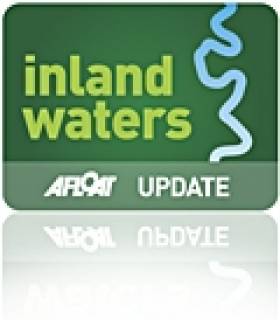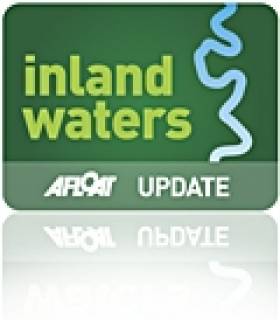Displaying items by tag: lock keeper
Waterways Introduce Lock Keepers Attendance Hours
Masters, owners and inland waterways users on the Grand Canal, the Barrow Navigation and the Royal Canal are advised that the daily seasonal working hours for Lock Keepers and Water Patrollers have recently been updated. Specific details of the updated schedules are given on the attached ‘Working Hours’ table; including location, contact number & day off. Please refer to the relevant Navigation Guides for the locations of the locks.
In landWaterways Ireland advises all Masters and users to contact Lock Keepers / Water Patrollers on the navigations prior to travel where possible.
Waterways Ireland reminds Masters and users to leave all locks as they were found. It is normal to leave the lock empty with a tail rack up, the breast (upper) gates closed and all racks on the breast (upper) gate side of the lock down or closed. Please find full schedule of lock keepers hours attached below.
Take Care Navigating Abbey River When Turbines Operate
Waterways Ireland has issued a reminder to users of the inland waterways on the Shannon Navigation that it is advised not to undertake a voyage if more than one turbine is operating, due to increased velocity of flow in the navigation which can be dangerous. The situation may also arise when flood conditions prevail.
Contact the lock keeper at Ardnacrusha (tel: 087-7972998) for information on the number of turbines in operation at Ardnacrusha before commencing transit of this part of the river.































































